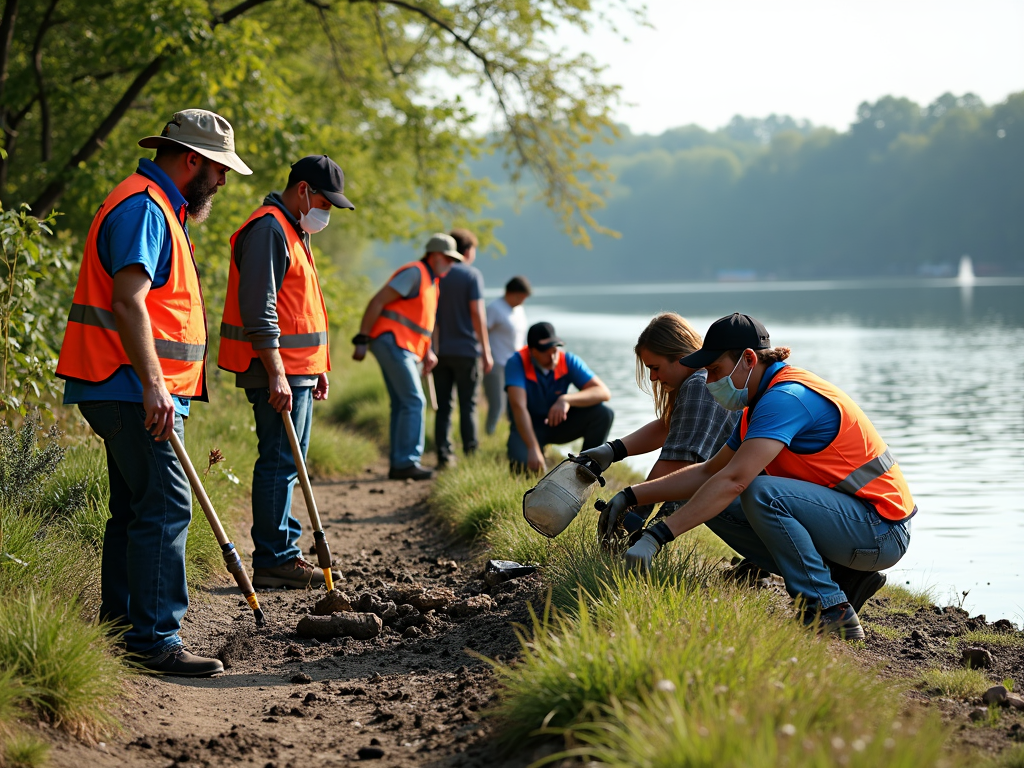Advocacy Programs for Volunteers: Making a Difference Together
By , May 16, 2025
Advocacy programs for volunteers play a vital role in empowering individuals and communities. These programs equip volunteers with the tools and knowledge needed to influence policies and promote social change. Whether it’s advocating for environmental protection, social justice, or community health, volunteers are at the forefront, driving positive transformation. In this article, we will explore the different types of advocacy programs for volunteers, their benefits, challenges, and how you can get involved.

Understanding Advocacy
At its core, advocacy is about speaking up for those who cannot speak for themselves. It involves raising awareness, influencing decisions, and ensuring that marginalized voices are heard. Volunteer advocacy programs focus on empowering people to take action on issues they are passionate about. These programs can vary widely, from organized movements in social issues to local initiatives aiming for concrete changes in a community.

Types of Advocacy Programs for Volunteers
- Environmental Advocacy: Programs focused on protecting the planet, tackling issues from climate change to wildlife conservation.
-
Example: River cleanup drives, tree planting initiatives.
-
Social Justice Advocacy: These programs work towards equality and justice for minority groups, addressing systemic issues such as racism and sexism.
-
Example: Campaigns for equal pay, anti-discrimination programs.
-
Health Advocacy: Focuses on public health issues, promoting awareness and action on topics such as mental health, substance abuse, and access to care.
- Example: Campaigns for healthier communities, volunteer-led health education sessions.

Benefits of Volunteer Advocacy Programs
Participating in advocacy programs provides volunteers with numerous benefits: - Skill Development: Volunteers gain valuable skills like public speaking, organization, and advocacy strategies. - Community Impact: Volunteering in advocacy programs can lead to significant changes in local policies and resources. - Networking Opportunities: Volunteers often connect with like-minded individuals, building a community of active citizens.

Challenges in Advocacy Programs
While advocacy efforts can be highly rewarding, they often come with challenges: | Challenge | Description | |-------------------------------|---------------------------------------------------------------------------------| | Funding | Many programs rely on donations or grants, which can be scarce. | | Awareness | Not everyone is aware of advocacy programs or their importance. | | Volunteer Burnout | Volunteers may face emotional fatigue due to the intense nature of advocacy work.

How to Get Involved
Getting involved in advocacy programs is easier than you might think. Here are some steps to start your journey: 1. Research Local Advocacy Organizations: Look for groups in your area that align with your passions. 2. Attend Information Sessions: Many organizations host introductory meetings where you can learn more. 3. Start Small: Volunteer for short-term projects to gauge your interests and commitment. 4. Speak Up: Use your voice to share information about issues you believe in through social media or community forums.

Real-Life Examples of Impactful Advocacy
Many advocacy programs for volunteers have made a significant impact. For instance, nonprofit organizations that focus on environmental issues often spearhead community efforts to clean up local parks and rivers. In one successful initiative, a group of volunteers worked tirelessly to secure funding for a new community park, which not only beautified the area but also served as a venue for local events.

Additionally, social justice movements led by dedicated volunteers have brought about policy changes on crucial issues such as equal pay and anti-discrimination measures. For example, volunteers participating in protests and awareness campaigns have successfully pushed for policy reforms in several states.

Conclusion
Advocacy programs for volunteers represent a powerful avenue for individuals to create meaningful change in their communities. By participating in these programs, volunteers not only develop skills but also contribute to important causes that can improve lives and foster community ties. If you're looking to make a difference, consider investing your time and energy into an advocacy program near you. Together, we can make our voices heard and champion the issues we believe in.
